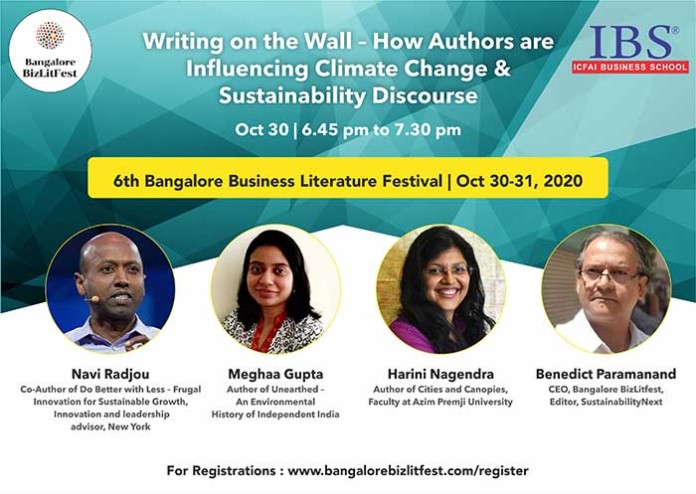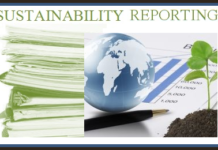The Generation X’s efforts to reduce carbon footprint has had limited impact on stopping run-away climate crisis. Even the efforts of Gen Y – to enlarge the positive ecological handprint – will not halt climate disasters from occurring often. To Navi Radjou, author of ‘Doing Better With Less – Frugal Innovation for Sustainable Growth’, the hope for the world lies with Gen Z and Gen Alpha (16-year old youth like Greta Thunberg.)
This is because Gen Z and Gen Alpha are moving our consciousness towards Nature from protecting or regenerating to feeling for Nature. Only they seem to be capable of raising our “collective consciousness and help the world realize Nature’s hidden purpose.
Meghaa Gupta, author of ‘Unearthed: The Environmental History of Independent India’, too believes children – both urban and rural – who are seeing Nature disappear in front of their eyes – have the power to influence policies and behaviours of the older generation. One of the ways this can be done is by producing interesting children literature on ecology and environment that are accessible. Adults tend to read these books. One hopes that the speed of destruction be forced back by powerful messaging in innovative ways.
Meghaa specializes in editing and writing on children literature on environment and has taken it as her calling to do her bit for Nature.
Harini Nagendra, Professor of Sustainability at Azim Premji University, is positive that communities as change agents are beginning to make their impact by organizing themselves around common issues. Harini is the author of ‘Cities & Canopies’ and ‘Nature in the City: Bengaluru Past, Present, & Future’. This book charts Bengaluru’s journey from the early settlements in the 6th century CE to the 21st century city, and demonstrates how nature has looked and behaved, and has been perceived in Bengaluru’s home gardens, slums, streets, parks, sacred spaces, and lakes.
An ecologist by training, Harini says there is good demand for jobs in Development and Ecology areas today but warns them against going for super specialization.
She thinks most companies will continue to do green washing if they are not forced to commit to following ecological standards. Harini wants the government to announce a clear structure on how sustainability is practiced and reported. “Today, these reports hardly say anything.”
The three authors spoke at the recent 6th Bangalore Business Literature Festival on the theme ‘Writing on the Wall – How Authors are Influencing Climate Change & Sustainability Discourse’ moderated by Benedict Paramanand, Editor of sustainabilitynext.in.
Watch the session video










